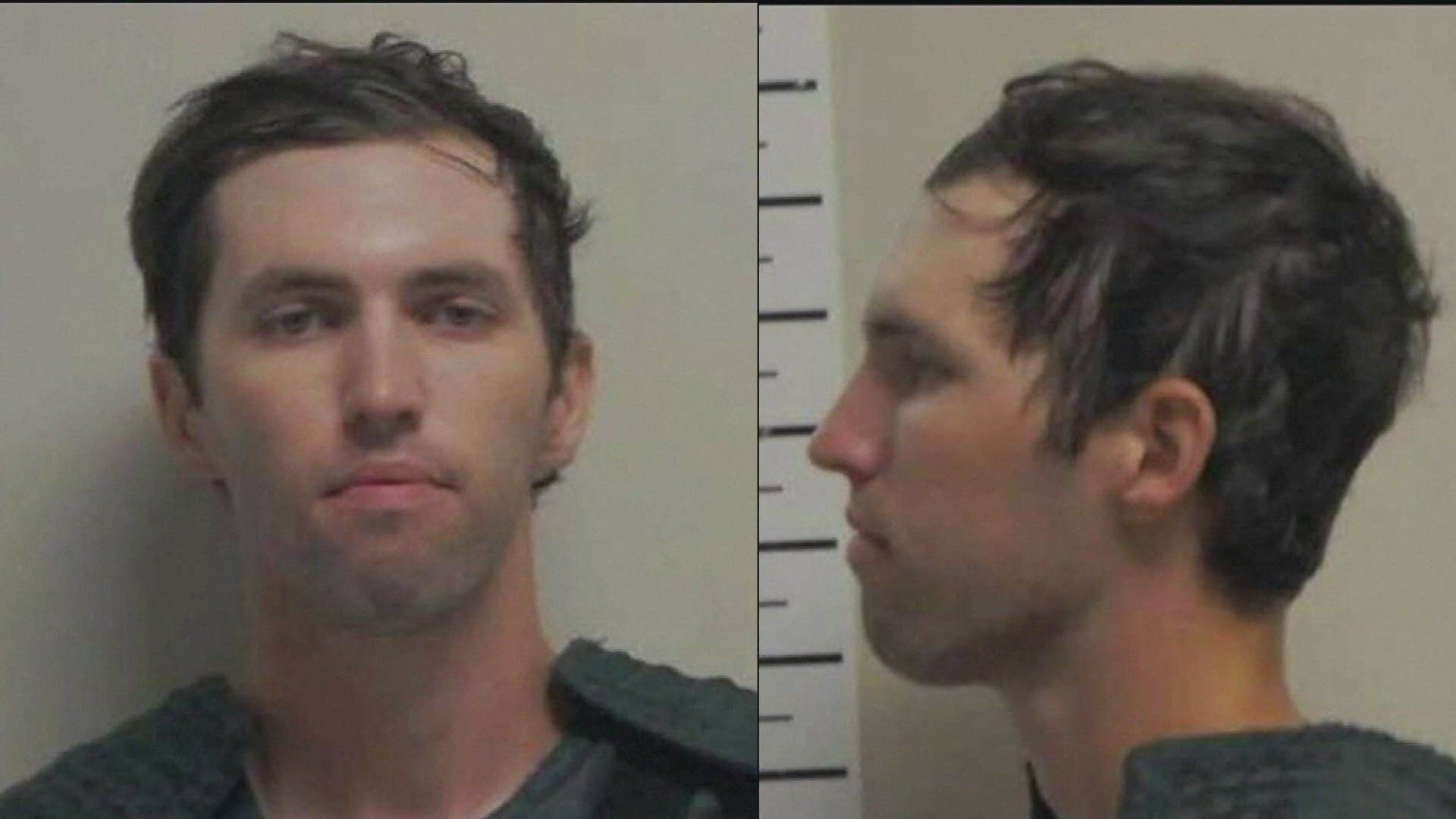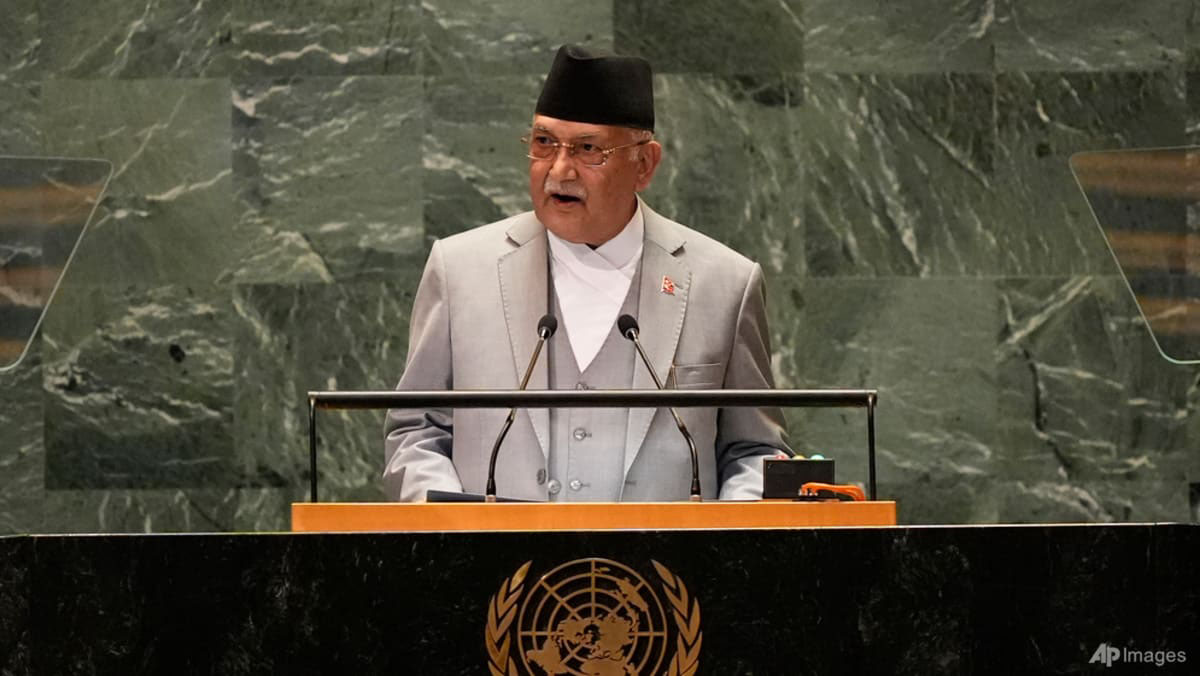By Katherine Ellis
Copyright breezyscroll

Quick Summary
Tyler Robinson has refused to cooperate with law enforcement following his arrest for the shooting death of Charlie Kirk. Utah’s governor says Robinson’s family and roommate are assisting investigators, but Robinson himself has stayed silent. With a mental health evaluation underway and ideology cited as a possible factor, the case highlights growing concerns over radicalization, political violence, and mental health in high-profile crimes.
Tyler Robinson is refusing to cooperate with investigators
Utah Governor Spencer Cox confirmed that Tyler Robinson, the 22-year-old suspect accused of fatally shooting conservative activist Charlie Kirk at Utah Valley University, has not confessed and is refusing to cooperate with investigators. Robinson remains under special watch in jail pending a mental health evaluation, while authorities rely on testimony from family members, a roommate, and forensic evidence to build their case.
What Happened
On September 10, 2025, conservative activist Charlie Kirk was shot and killed while addressing an audience at Utah Valley University. The gunman, positioned on a rooftop some distance away, fired a fatal shot that struck Kirk in the neck. The attack sparked chaos at the event and triggered a massive manhunt.
Tyler James Robinson was arrested roughly 33 hours later after his father recognized him in surveillance images released by the FBI. According to authorities, Robinson initially confessed to his father but has since remained silent to law enforcement. He now faces charges including aggravated murder, discharge of a firearm resulting in serious bodily injury, and obstruction of justice.
Why Robinson’s Silence Matters
Robinson’s refusal to cooperate creates significant challenges for investigators. Without statements from him, authorities must rely heavily on circumstantial evidence, forensics, and witness testimony to establish motive and intent.
Governor Cox has stressed that while Robinson has provided no cooperation, his family members and roommate have been forthcoming with information. The roommate, who is also Robinson’s romantic partner and is transitioning from male to female, has been described as “incredibly cooperative.”
This distinction matters because the absence of direct testimony from Robinson slows progress toward understanding the “why” behind the attack, leaving prosecutors to piece together a complex puzzle from external sources.
Evidence and Early Findings
Here’s a breakdown of what investigators have uncovered so far:
The Role of Ideology
Governor Cox stated that Robinson may have been radicalized through online communities, referencing “Reddit culture and other dark places of the internet.” While acquaintances confirm his beliefs diverged from his family’s, officials have stopped short of declaring ideology as the confirmed motive.
The ideological element adds complexity to the investigation. If the shooting is ultimately framed as politically motivated, it could intensify debates over extremism, free speech, and the risks of radicalization in digital spaces.
The Mental Health Dimension
Robinson is currently under close observation in jail as he undergoes a mental health evaluation. Authorities have cited concerns about his well-being after he reportedly told his father he would rather die than be turned in. This suggests possible suicidal ideation and has prompted special housing measures.
The results of the evaluation may affect not only how Robinson is housed but also how his legal defense is structured. If significant mental illness is diagnosed, it could lead to arguments around competency to stand trial or an insanity defense, although such outcomes remain speculative.
Why the Case Resonates Nationally
Robinson’s non-cooperation highlights three intersecting issues that resonate beyond Utah:
Political Violence: The killing of a high-profile conservative activist at a public university underscores the risks associated with ideological conflict in the U.S.
Radicalization Online: References to online subcultures raise concerns about the role of digital communities in shaping violent behavior.
Mental Health in Custody: The decision to place Robinson under special watch reflects the justice system’s growing attention to the welfare of detainees in high-profile cases.
What Remains Unclear
Despite progress, investigators have yet to answer several critical questions:
What was Robinson’s definitive motive for targeting Charlie Kirk?
To what extent did online forums influence his actions?
How will his mental health evaluation shape the legal process?
Will Robinson eventually cooperate, either directly or through counsel?
Governor Cox: “He has not confessed to authorities. He is not cooperating, but all the people around him are cooperating, and I think that’s very important.”
Governor Cox on ideology: “So far that has come from his acquaintances and his family members.”
How the Case May Develop
In the coming days, prosecutors are expected to file detailed charges that will provide new insight into the case. Forensic analysis of the bullet casings, weapon, and Robinson’s digital footprint will likely play a central role. The results of his mental health evaluation will be closely watched, as they could shape how he is treated in custody and how the trial proceeds.
Tyler Robinson’s silence leaves one of the most crucial questions unanswered: why did he allegedly shoot Charlie Kirk? With investigators relying on external testimony, forensic evidence, and mental health evaluations, the case reflects the intersection of ideology, radicalization, and personal instability. For now, the investigation presses forward without Robinson’s cooperation, leaving the public and legal system to await the next round of revelations.
How Authorities Can Proceed and What You Should Watch For
Authorities will need to:
Continue gathering digital and forensic evidence to establish motive.
Evaluate Robinson’s mental health to determine competency and risk.
Rely on cooperative witnesses, including family and the roommate, for insight into Robinson’s state of mind.
For the public and observers, the next key updates will come from court filings, the results of the mental health assessment, and whether Robinson eventually chooses to break his silence.



